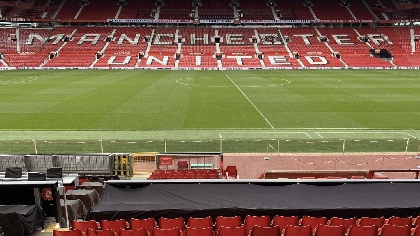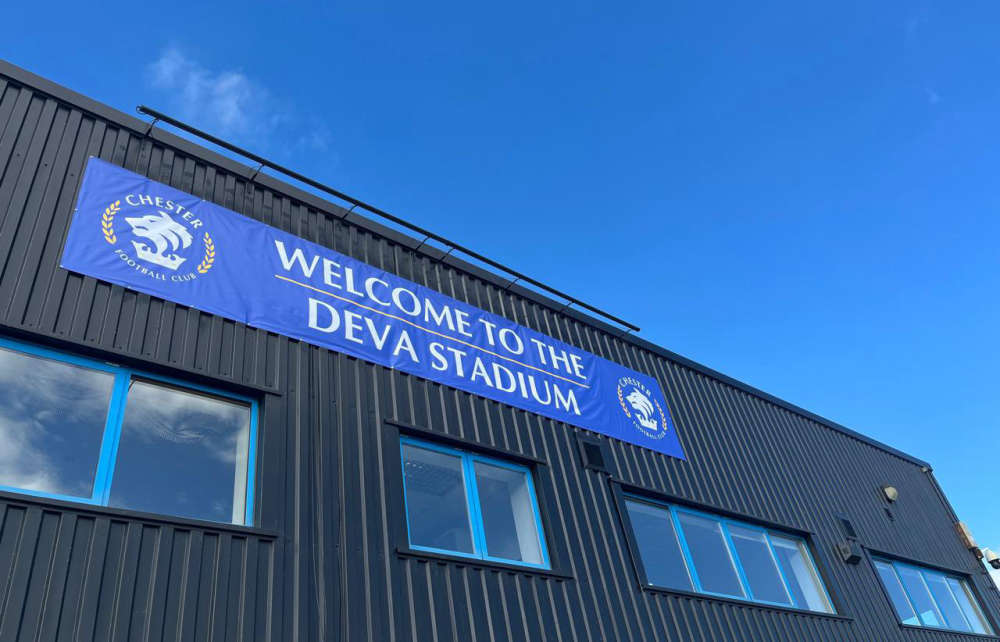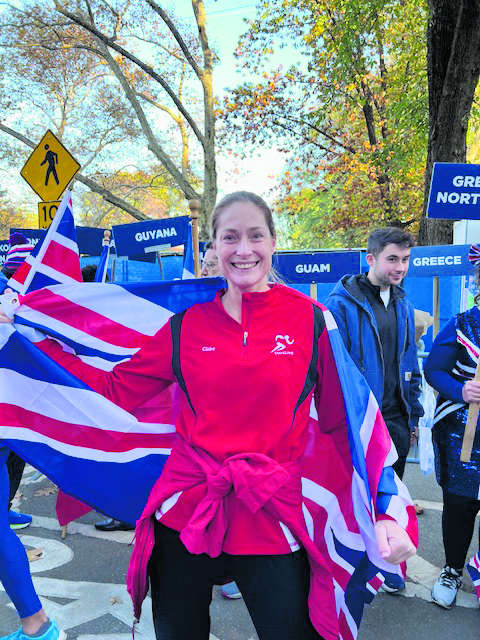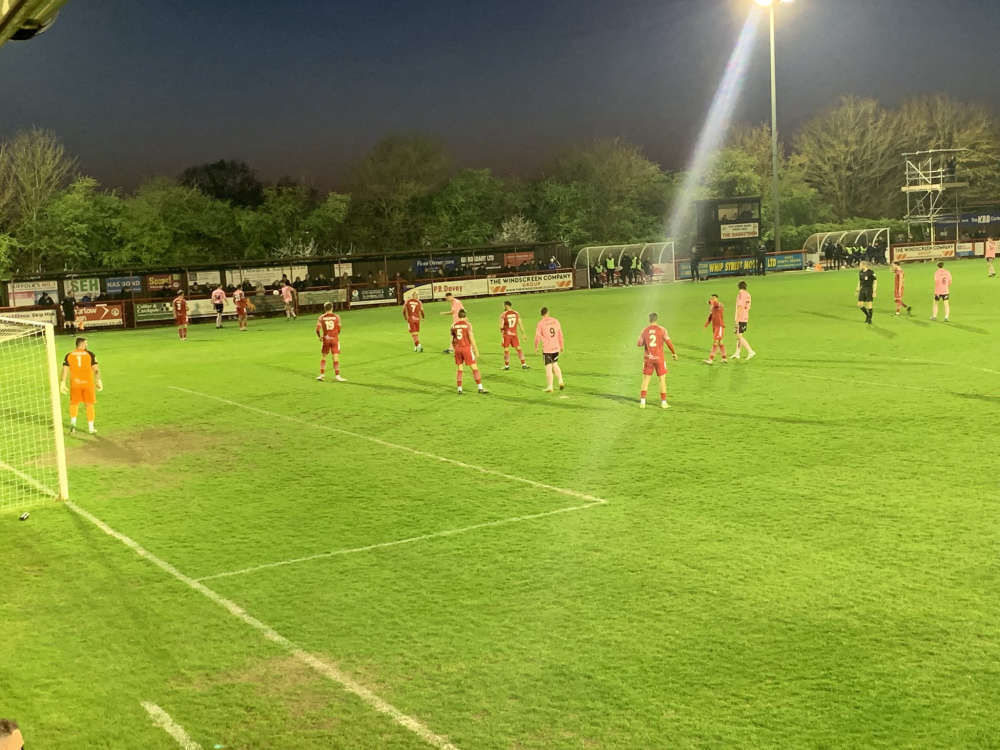
This is the worst Manchester United side in history, or so says the manager, Ruben Amorim.
While that isn’t technically true, and his headline-grabbing response to the media could have been tongue-in-cheek, it’s fair to say that he isn’t far wrong in his assessment. Things are bleak at Old Trafford right now, a stark contrast to the club's glorious past.
The weekend marked a particularly sombre moment for United, as the tragic passing of Denis Law was announced. A true legend of the club, Law passed away aged 84, having battled Alzheimer’s and vascular dementia since 2021.
During his 11-year stay at Old Trafford, he made 404 appearances, scoring 237 goals—a tally only bettered by Sir Bobby Charlton and Wayne Rooney. Law helped United win their first league title since the Munich Air Disaster, was part of the 1968 European Cup-winning side, and remains the only Scotsman ever to win the Ballon d’Or. With the loss of Law, all three members of United’s ‘Holy Trinity’ statue—Best, Law, and Charlton—have now passed. Their contributions will forever be etched in the club’s history.
Fast forward to today, and it’s hard to reconcile that legacy with the current state of the club. Three positive results in a row against Liverpool, Arsenal, and Southampton were undone by another calamitous defeat at the hands of Brighton on Sunday. The Seagulls have now won four of their last five meetings against United, a record that highlights just how far the Reds have fallen. Brighton, a well-run club built on smart recruitment and a clear footballing philosophy, represents everything United currently lack. It’s a bitter pill for fans to swallow.
United’s dysfunction is all the more remarkable given the money spent assembling this squad. A rebuild is needed, but with the club on the brink of breaching financial regulations, offloading players to bring in fresh faces is proving difficult. Antony looks set to join Real Betis on loan, while AC Milan’s interest in Kyle Walker has cast doubt over Marcus Rashford’s future. Rashford appeared to have been an option for the Italian side, but that now seems unlikely. Borussia Dortmund has expressed interest but is waiting until later in the window to decide. For now, Rashford’s future remains uncertain.
Then there’s Alejandro Garnacho, who has grown frustrated with limited playing time and an unclear role in Amorim’s 3-4-3 formation. Both Chelsea and Napoli are monitoring the 20-year-old’s situation, though United will be reluctant to sell to a direct rival. The club’s struggles to secure outgoings are mirrored in their limited incomings. Patrick Dorgu from Lecce appears to be the most likely signing. The 20-year-old Danish international—a wingback with impressive physical attributes—could address United’s long-standing issues in wide positions. While Amad has shown promise, his effectiveness as United’s main goal threat makes it more practical to use him in a central attacking role.
It’s a messy situation, made worse by the decision to appoint Ruben Amorim midway through the season. Amorim’s distinctive style requires time to implement, but patience is running thin. Reports of Amorim smashing a TV in the dressing room after the 3-1 defeat to Brighton suggest even he is struggling to keep his composure. Fans likely felt the same frustration watching such a dismal performance.
INEOS are now paying the price for getting the managerial appointment wrong at the start of the season. With hindsight, keeping Erik ten Hag might have been a mistake. While I initially believed it was the right decision, some within the club saw it as a misstep from day one. Now, United are effectively trying to build an aeroplane mid-flight, a near-impossible task.
As United grapple with their identity crisis, Denis Law’s passing serves as a poignant reminder of what this club once stood for. Best, Law, and Charlton were not just great players but symbols of a proud and successful era. Today, that legacy feels more distant than ever, but it’s also a standard to aspire to. While the current state of affairs may be bleak, United’s history shows that glory can return—but only with the right leadership and vision.


 FA announce details on Cheshire Senior Cup Final
FA announce details on Cheshire Senior Cup Final
 Bronze medallist visits Dukinfield primary school
Bronze medallist visits Dukinfield primary school
 Glossop mum gears up for Boston
Glossop mum gears up for Boston
 Curzon move into play-offs
Curzon move into play-offs

